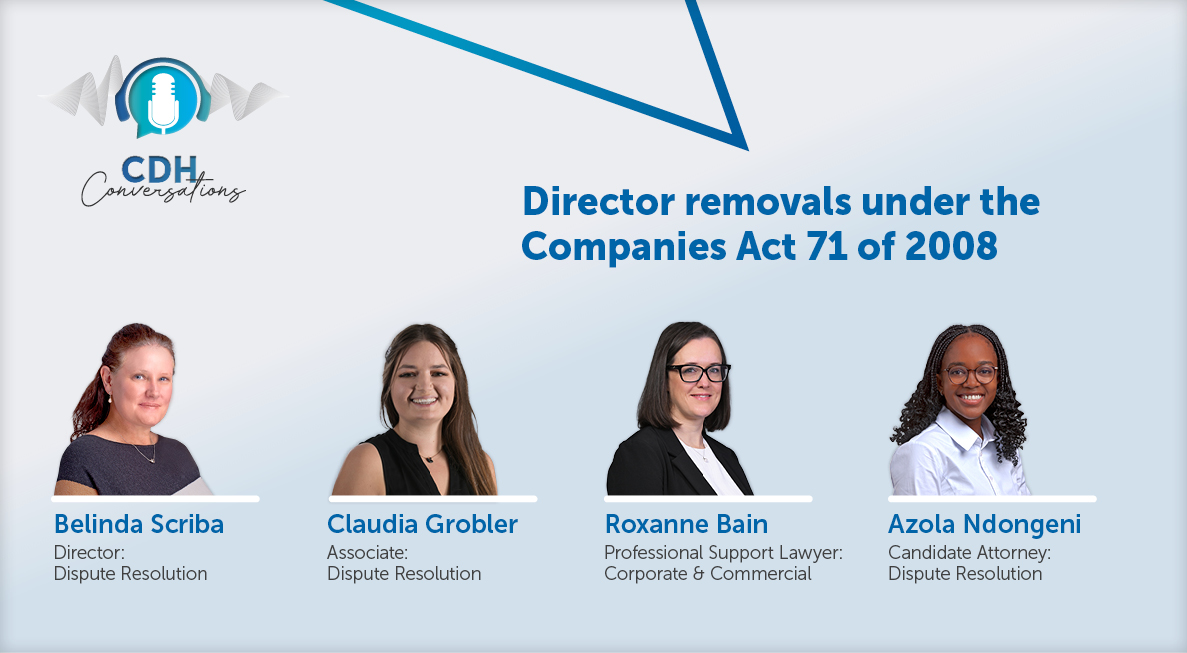The definition of ‘controlled group company’ and ‘equity share’
The South African Revenue Service (SARS) released Binding Private Ruling No, 205 (Ruling) on 11 September 2015. The Ruling considers the meaning of 'controlled group company' and 'equity share'.
An approved venture capital company (VCC) in terms of s12J of the Income Tax Act, No 58 of 1962 (Act), resident company A (Company A), and resident company B (Company B), proposed to incorporate a new company (RentalCo).
RentalCo would lease certain movable goods under operating leases to existing clients of Company A.
The VCC would subscribe for 20% of the issued shares in RentalCo, but at a disproportionate subscription price of 75% of the issued share capital of RentalCo. The VCC would be issued with class A ordinary shares.
Company A and Company B would subscribe for class B and class C ordinary shares respectively, totalling 80% of the issued shares in RentalCo.
The class A ordinary shares would entitle the VCC to a first distribution of profits or capital equal to the capital invested and a return of prime plus 2%.
Once the distributions in respect of the class A shares have been settled, the holders of the class B and C shares would be entitled to a second distribution of profits or capital equal to prime plus 2% in proportion to their respective shareholding.
Thereafter all ordinary shares would rank pari passu.
All ordinary shares would at all times carry equal voting rights.
The VCC intends to enter into similar transactions in future with partners whereby companies would be incorporated for purposes of leasing goods to clients. The VCC will always hold less than 70% of the shares in issue because a 'qualifying company' for purposes of s12J of the Act may not be a controlled group company in relation to the VCC. The VCC will always subscribe for cash.
SARS ruled that the class A ordinary shares would constitute 'equity shares' for purposes of the definition of 'qualifying share' in s12J(1) of the Act. In other words, they are not shares that "neither as respects dividends nor as respects returns of capital, carr[y] any right to participate beyond a specified amount in a distribution".
SARS also ruled that the company into which the VCC will invest (such as RentalCo), would not constitute a 'controlled group company' for purposes of the definition of 'qualifying company' in s12J(1) of the Act to the extent that the VCC holds less than 70% of the number of equity shares in issue. This is so despite the fact that the VCC might invest more than 70% of the share capital.
The company into which VCC will invest would not be a 'qualifying company' as defined if the sum of the 'investment income' derived during any year of assessment exceeds 20% of gross income. 'Investment income' includes rental from immovable property, but not movable goods. SARS therefore ruled that the rental income received by the company into which the VCC will invest would not constitute 'investment income' as defined in s12E(4)(c) of the Act.
The information and material published on this website is provided for general purposes only and does not constitute legal advice. We make every effort to ensure that the content is updated regularly and to offer the most current and accurate information. Please consult one of our lawyers on any specific legal problem or matter. We accept no responsibility for any loss or damage, whether direct or consequential, which may arise from reliance on the information contained in these pages. Please refer to our full terms and conditions. Copyright © 2026 Cliffe Dekker Hofmeyr. All rights reserved. For permission to reproduce an article or publication, please contact us cliffedekkerhofmeyr@cdhlegal.com.
Subscribe
We support our clients’ strategic and operational needs by offering innovative, integrated and high quality thought leadership. To stay up to date on the latest legal developments that may potentially impact your business, subscribe to our alerts, seminar and webinar invitations.
Subscribe




